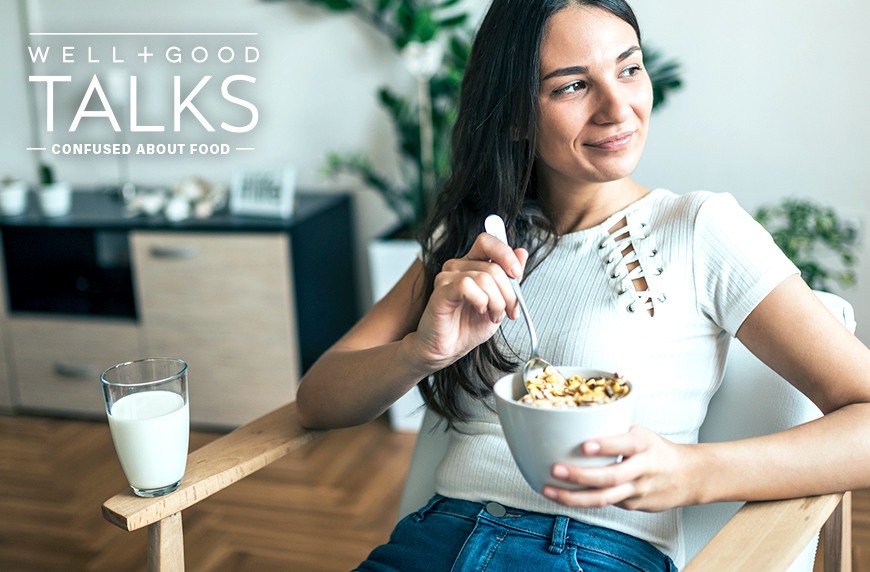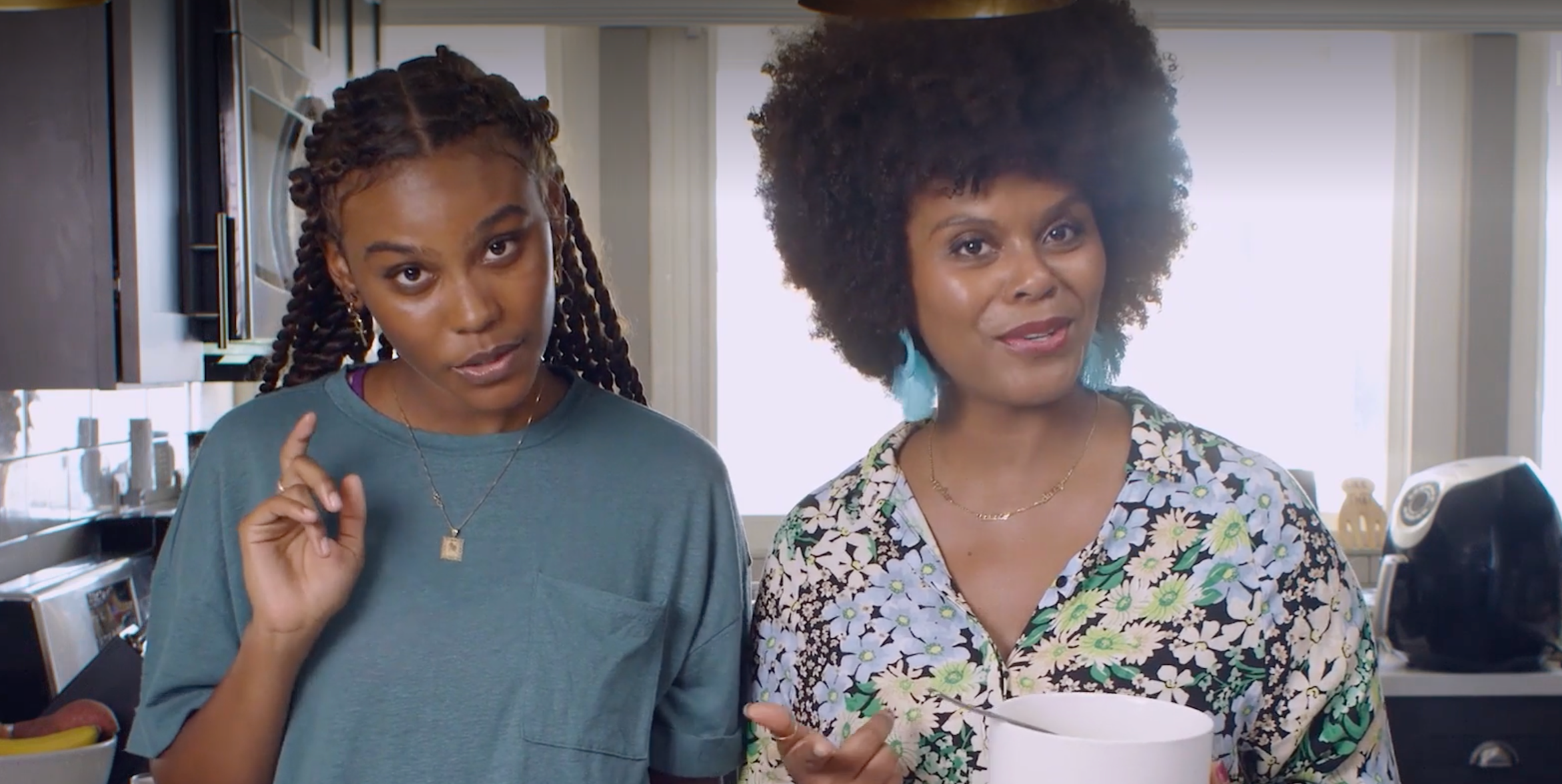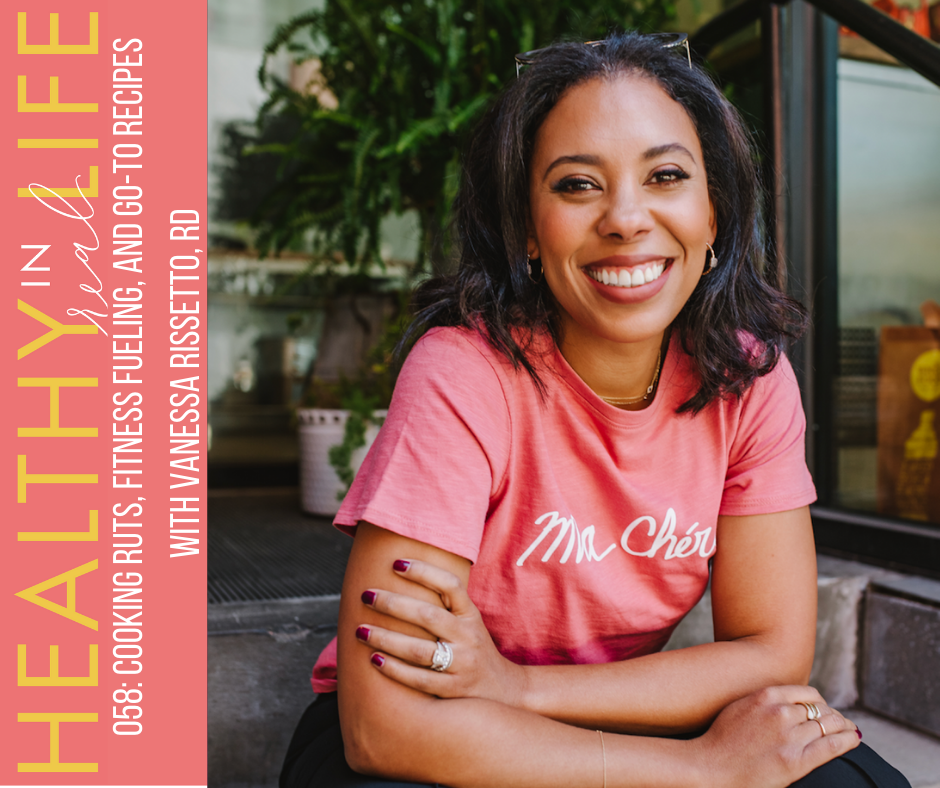
August 16, 2019 at 09:14AM by CWC
When it comes to the healthiest way to nourish your body, there’s a lot of information out there. Between figuring out which eating plan to follow, what the deal is with sugar in fruit, or if buzzy trends like celery juice are worth trying, it all adds complicated layers to the seemingly-simple act of feeding yourself.
All the “rules” and guilt around food have led more people in the wellness space to talk more about intuitive eating, aka thinking about food without judgement. “Through the process of intuitive eating, the goal is to understand the difference between physical hunger, the biological urge that tells us that we need an replenishment of nutrients, and emotional hunger, which is driven by hunger and emotional needs,” dietitian Tracy Lockwood Beckerman, RD, explained in a recent You Versus Food video.
Watch the video below for more real talk on intuitive eating:
ADVERTISEMENT
ADVERTISEMENTKate Spade Autumn/Winter Sale |
While intuitive eating seems like a great idea (and it’s backed by many health experts), it can also feel a bit nebulous—especially if you have a complicated relationship with food. Thankfully, some of the panelists at the recent Well+Good TALKS event (aptly titled “We’re All Confused About Food—and Hungry For Some Answers“) had some easy tips on how to start.
“Intuitive eating comes back to the simple principles of things we know to be true,” Simple Mills founder and CEO Kaitlin Smith said. “Follow those first and then start to listen to your body.” For example, you know veggies are good for you. You know added sugar isn’t. Fad diets and food crazes may come and go, but stick with (and prioritize) the universal healthy eating truths.
ADVERTISEMENT
ADVERTISEMENTSports Direct Free Delivery on All Orders! |
But how does one start listening to their body? Registered dietitian Brigitte Zeitlin, MPH, RD, CDN suggested starting by keeping a food diary for a week. She explained that it allows you to see in black and white exactly how much added sugar and packaged foods you consume on a regular basis, while also being better able to pinpoint how certain foods make you feel. “Then you can start to pull some of that stuff out and swap it for more whole foods,” she said.
Zeitlin added that the other major bonus to keeping a food diary is that it can show you the connection between emotions and eating behavior. In turn, she says, using this info to fuel your food choices can make eating more enjoyable. “It allows you to hone in and see when you’re craving chocolate cake, your craving is [actually] genuine,” she says.
ADVERTISEMENT |
The crux of intuitive eating comes down to knowing what is going to make you feel nourished, both in the short- and long-term. Go with your gut, literally.
If keeping a food diary sounds too hard, try this shortcut version celebrity chef Seamus Mullen did. And here’s some advice on how to love food when you think you know too much.
Author Emily Laurence | Well and Good
Selected by CWC
ADVERTISEMENT
ADVERTISEMENTUp to 30% off Gift Sets |








